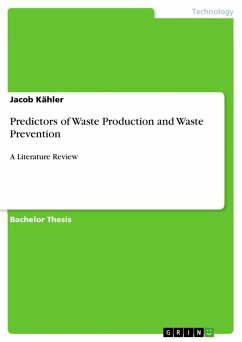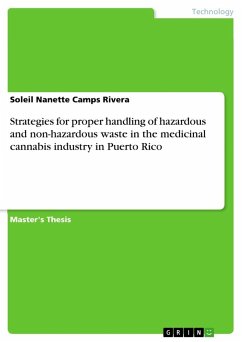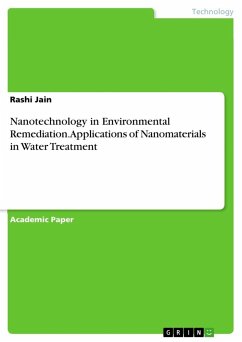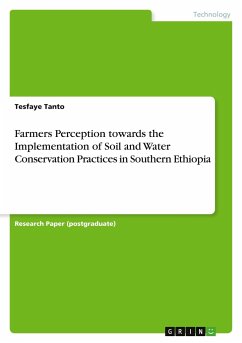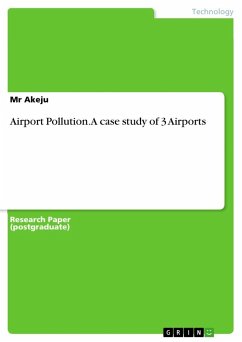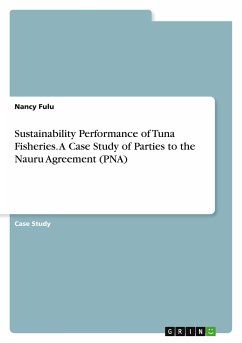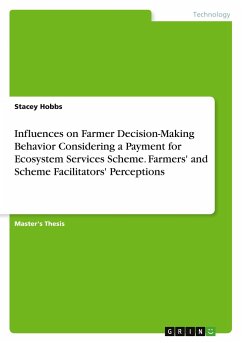Bachelor Thesis from the year 2023 in the subject Environmental Sciences, grade: 2,7, University of Hagen (Psychologie), language: English, abstract: Rising amounts of global waste pose a threat not only to the environment, but also for social inequalities and poor health. Exploring predictors of waste production on an individual level is therefore of high importance. There is a conglomerate of factors predicting waste production, such as income level, gender, pro-environmental orientation, individual¿s education, urbanity level, availability of disposal facilities, waste pricing and level of knowledge on waste management. This literature review focused on price interventions, which charge waste depending on how many units are produced rather than a flat fee. 21 studies were selected through the online research platforms EBSCOhost®, Universitätsbibliothek der Fernuni Hagen as well as through research in articles' reference lists. When prevention is exhaustively used or not possible, recycling gains importance. Recycling does not only have a positive effect on public health and environmental pollution, but plays a significant part in economical and other environmental terms as waste can be a resource as well. Demand for aluminium, cobalt, copper and nickel exceeds available supply and is therefore pricey, especially considering the rising impact of climate change and the transition to climate-friendly societies with solar cells, electric vehicles power storage systems, which all rely on rare materials. The last stage is disposal with the aim is to ensure an adequate discarding of remaining waste. An effective waste management, thus, has a direct impact on public health as well as on environmental pollution and resource availability. Individual waste production makes up a quarter of total waste produced, with cosntruction & demolition (36%) and industrial (21%) being the other two major sources. Hence, reducing the individual production of waste can have a substantial impact on total waste amounts. If one adds the stages waste prevention, which alone has the potential to reduce greenhouse gas emissions by 5%, and recycling to the equation, the impact becomes even stronger. Therefore, this literature review will focus on factors predicting waste production and avoidance, which influence all five stages in the waste hierarchy.
Hinweis: Dieser Artikel kann nur an eine deutsche Lieferadresse ausgeliefert werden.
Hinweis: Dieser Artikel kann nur an eine deutsche Lieferadresse ausgeliefert werden.

